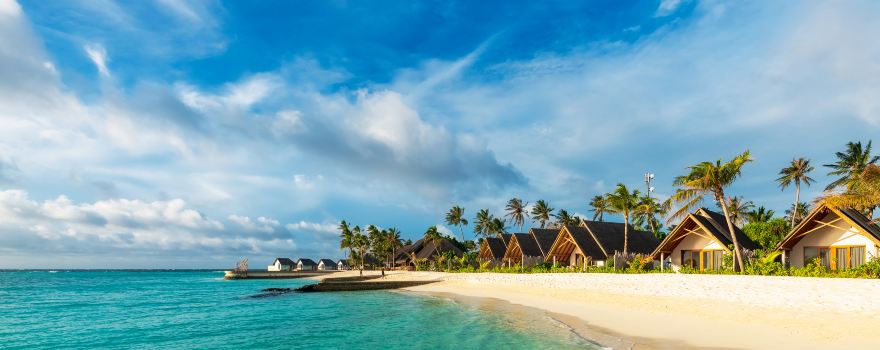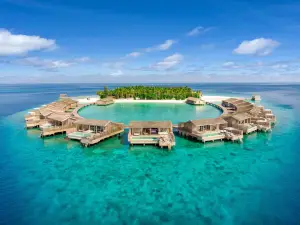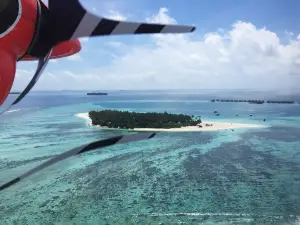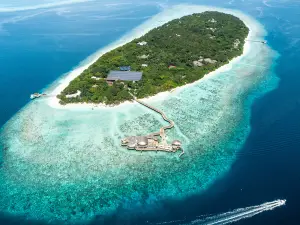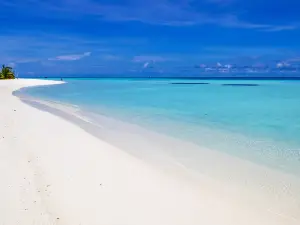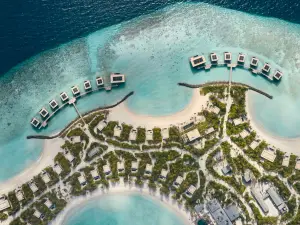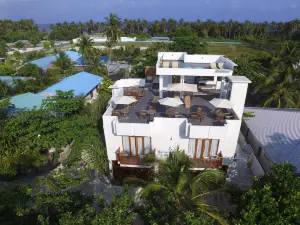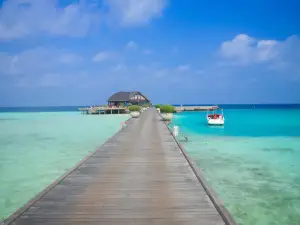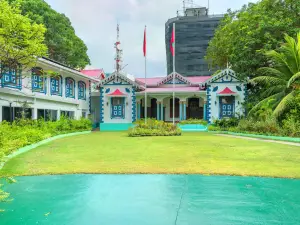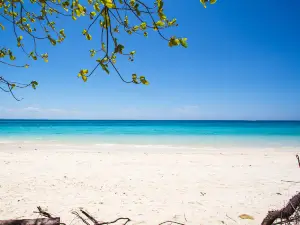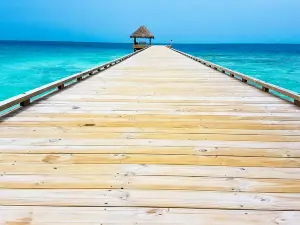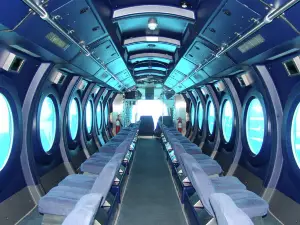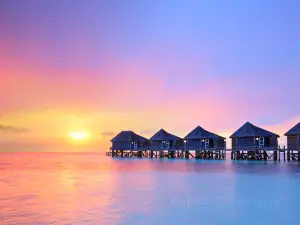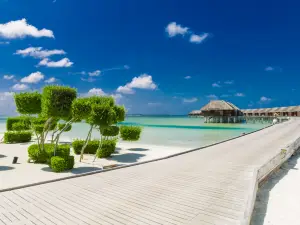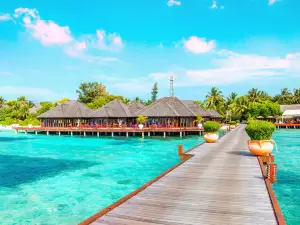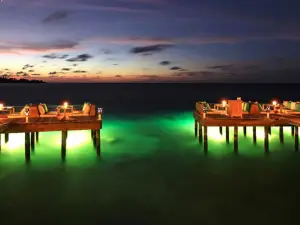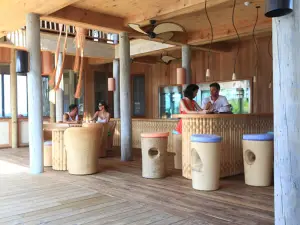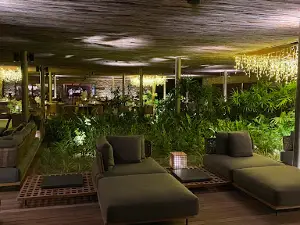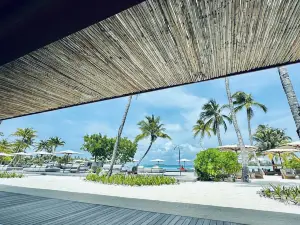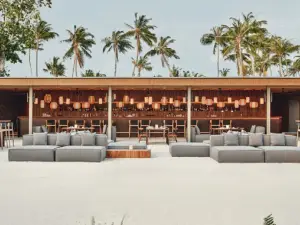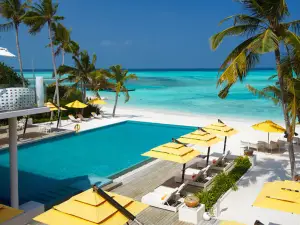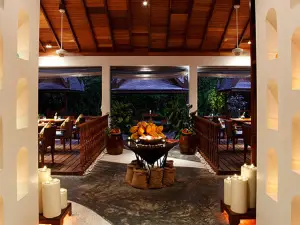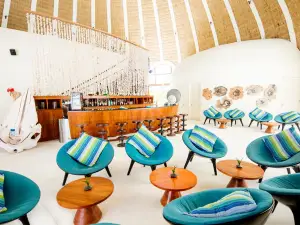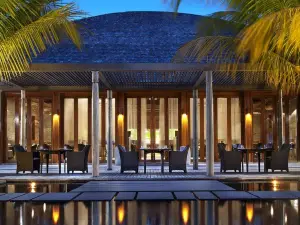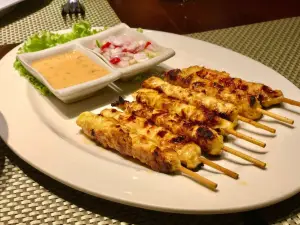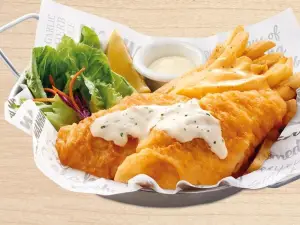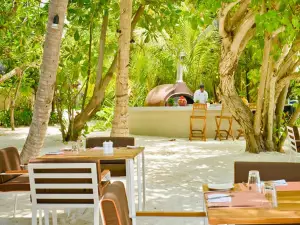Maldives Independent Travel Guide (2025): Top Things to Do, Popular Attractions, Itinerary Planning, Accommodation, Food, Transportation, Weather, and More - Everything You Need to Know (Updated April 2025) | Trip.com
About Maldives
Recommended trip: 4–7 day(s)
Recommended trip: 4–7 day(s)Maldives Local Experiences Map

Trending in Maldives
Maldives Local Travel Guide 2025
Maldives Brief Guide
Nestled in the Indian Ocean, the Maldives is renowned for its pristine beaches, crystal-clear waters, and luxurious resorts, making it a favored destination for honeymooners and vacation seekers alike. It is famous for its unique and breathtaking dining experiences such as underwater dining, offering visitors not just a meal but an unforgettable experience. From a tourist's perspective, the Maldives is a playground for water-based activities. Tourists can engage in world-class snorkeling and diving experiences, observing vibrant marine life in its natural habitat. For those seeking a thrill, water sports such as jet skiing and windsurfing are readily available. Moreover, the Maldives’ rich cultural heritage adds depth to its natural beauty. Visitors can explore local islands to witness traditional Maldivian life and craftsmanship, which include lacquer works and mat weaving. Although predominantly a leisure destination, the Maldives also offers insights into its intriguing history of trade, culture, and religion, as seen in the capital city, Malé.
Maldives Best Time To Visit
The best time to visit the Maldives is between December and April. During these months, the dry season prevails with little to no rain, low humidity, and consistently warm temperatures ideal for beach activities and water sports. This period also offers great opportunities for diving and snorkeling due to excellent water visibility and the presence of marine life like whale sharks and manta rays, especially from February to April. Additionally, the resorts are less crowded except around the Christmas and New Year holidays, making it a perfect time for a more exclusive and tranquil experience.
Maldives Must-try Local Experiences
1. Explore the underwater world of the Maldives The Maldives is renowned for its vibrant coral reefs and diverse marine life. Snorkeling and diving in spots like Banana Reef and Fish Head will give you a chance to see colorful fish, manta rays, and even whale sharks. For a unique experience, consider a night dive to witness bioluminescent plankton. 2. Escape to a secluded island paradise Indulge in the ultimate luxury escape by hopping on a seaplane to a remote island. Enjoy pristine beaches, crystal-clear waters, and the exclusivity of your own private paradise. 3. Relax on the White-Sand Beaches The Maldives is home to some of the world's most beautiful beaches. Visit iconic spots like Hulhumale Beach and Veligandu Island Beach to experience pristine white sands and crystal-clear waters. 4. Stay in an Overwater Bungalow Experience the quintessential Maldivian luxury by staying in an overwater bungalow. Resorts like Soneva Jani and Conrad Maldives offer stunning views and direct access to the lagoon. 5. Take a Sunset Cruise A sunset cruise is a must-do activity in the Maldives. Enjoy breathtaking views of the sun setting over the Indian Ocean while sipping on a cocktail. 6. Visit Malé, the Capital City Explore the bustling capital city of Malé. Visit landmarks like the Grand Friday Mosque, the National Museum, and the local fish market to get a taste of Maldivian culture. 7. Savor the flavors of Maldivian Cuisine Indulge in the fresh, flavorful cuisine of the Maldives, where seafood takes center stage. Sample traditional dishes like mas huni, garudhiya, and various curries infused with aromatic spices and coconut milk. 8. Experience a Spa Day Indulge in a luxurious spa day at one of the many world-class spas in the Maldives. Enjoy treatments that use local ingredients like coconut and seaweed.
Maldives Travel Tips
1. Age Restrictions for Water Sports: Certain water sports and activities in the Maldives have age and height restrictions for safety reasons. For example, scuba diving courses are usually for children over 10 years old. Always check these requirements in advance if you are traveling with children. 2. Beware of Strong Currents: Some areas in the Maldives have strong ocean currents. Always heed local advice and warning signs when swimming or engaging in water activities. Be aware of rip currents, which can pull you away from the shore. If caught in one, swim parallel to the shoreline to escape. Always swim with a buddy and avoid alcohol before swimming. 3. Ensure Food Safety: While food in resorts is generally safe, be cautious when eating at local eateries. Choose well-cooked food and avoid raw or undercooked dishes to prevent foodborne illnesses. Stick to bottled water and avoid anything that has been sitting out for a while. Trustworthy places are key to a safe dining experience. 4. Medical Precautions: Healthcare facilities are limited outside of Malé. Ensure you have travel insurance covering medical evacuation. Bring any necessary medications, as they may not be readily available on resort islands. Use mosquito repellents and netting to prevent bites. 5. Strict Alcohol Regulations: Alcohol consumption is restricted to resort islands with special licenses. It is illegal to bring alcohol into the country or consume it on local islands. Violations can lead to severe penalties, including arrest. Tourists should respect local customs and only drink within designated areas.
Maldives Transportation
To visit Maldives from various international locations, you primarily have flight options from cities across the US, and South East Asian countries like India, China, and Sri Lanka, as well as from Dubai, Europe, and Singapore. You will likely need to make a flight connection in major hubs like Dubai, Doha, or Istanbul due to the absence of direct flight routes from the US. Once you arrive at Velana International Airport, situated in North Male Atoll, you can further explore the islands or transfer to other local destinations using domestic flights or seaplanes.
Maldives Best cities to visit
Malé is the capital city of the Maldives. Located in the Indian Ocean, it is a city full of beautiful landscapes. The city streets, rather than being paved with tarmac, are sprinkled with white sand of the beach. This is a rich tropical island surrounded by dazzling white coral reefs. Because the Maldives were previously colonies of England and Portugal, the architectural style here has a strong European flavor. Automobiles are a rare sight in the city. Most people ride bikes, motorcycles, or walk. Sultan Park and National Museum are located at the center of the city. There is also a very long seaside avenue, Nirolhu Magu, to stroll along.
Maldives Useful Guide
When planning a trip to the Maldives, it's vital to prioritize safety regarding both health and potential natural disasters. Ensure to drink only bottled water and check that the seals are intact before consumption to avoid water-borne illnesses. When indulging in local cuisine, consume only hot and thoroughly cooked meals and avoid raw or undercooked seafood. Always follow safety guidelines for swimming and diving, such as using designated areas and ensuring proper equipment and instruction. As a country on the front lines of climate change impacts, familiarize yourself with procedures for dealing with natural hazards like tsunamis and floods. Local teams like the Community Emergency Response Teams (CERTs) are in place to assist during such emergencies. In the case of personal emergencies, contact numbers include Emergency Service (119), Ambulance (102), providing crucial connectivity when immediate assistance is needed.
Trip.Best: Maldives
Popular Destinations
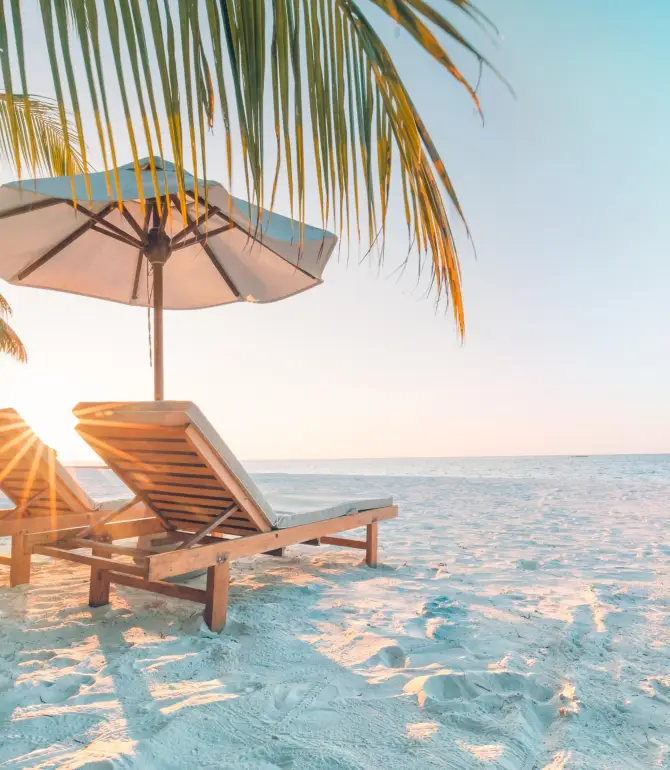
Maguhdhuvaa
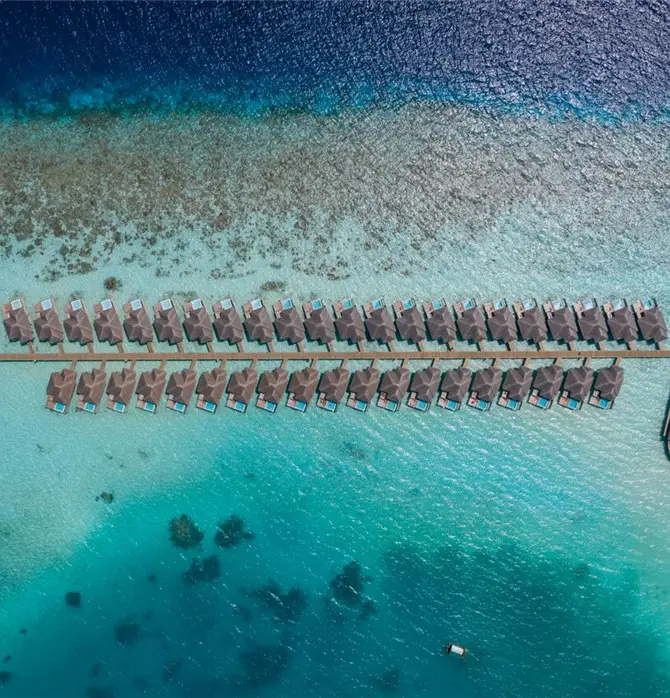
Aloofushi
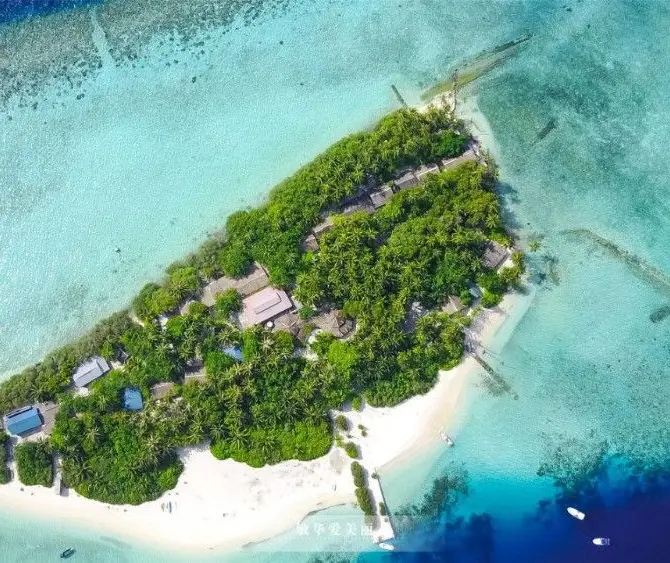
Himmafushi
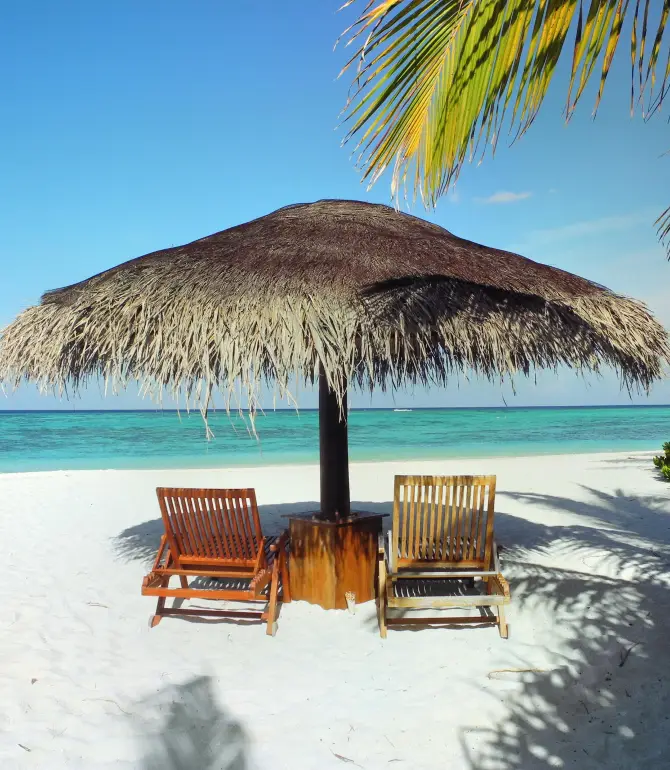
Velavaru
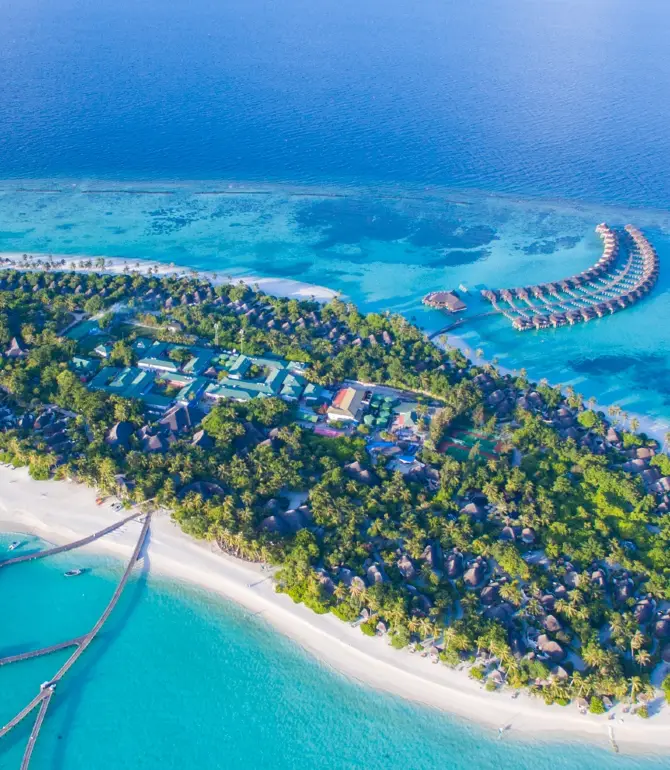
Iru Fushi
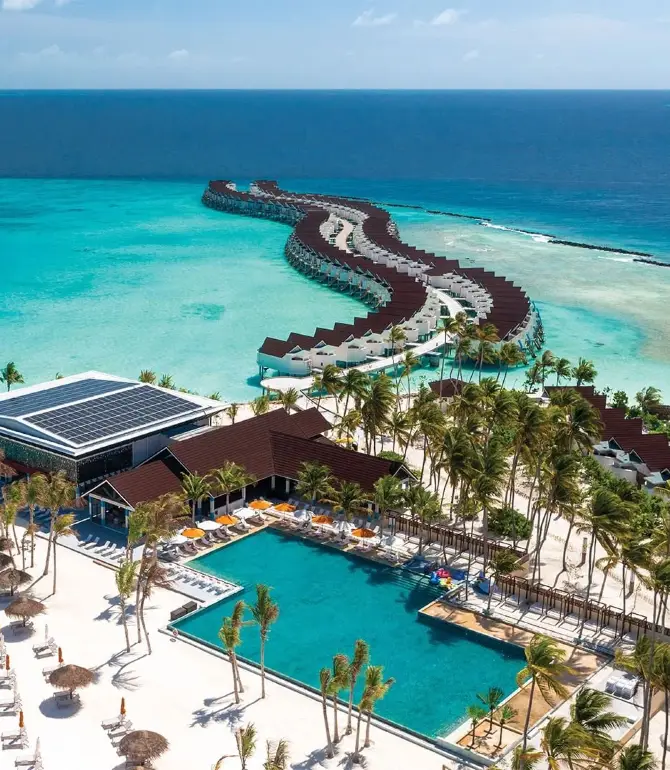
Ailafushi
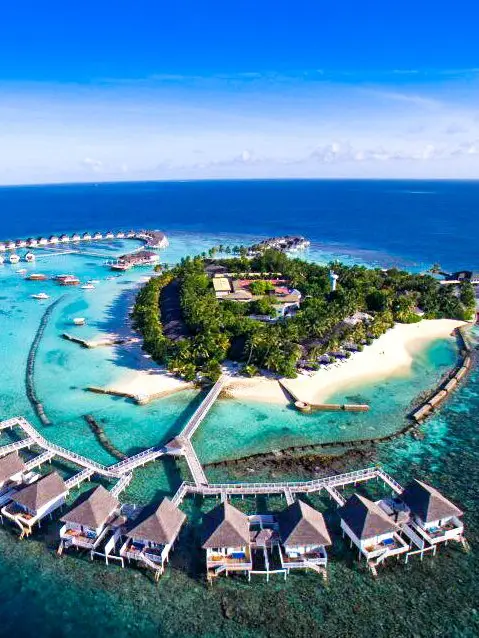
Machchafushi
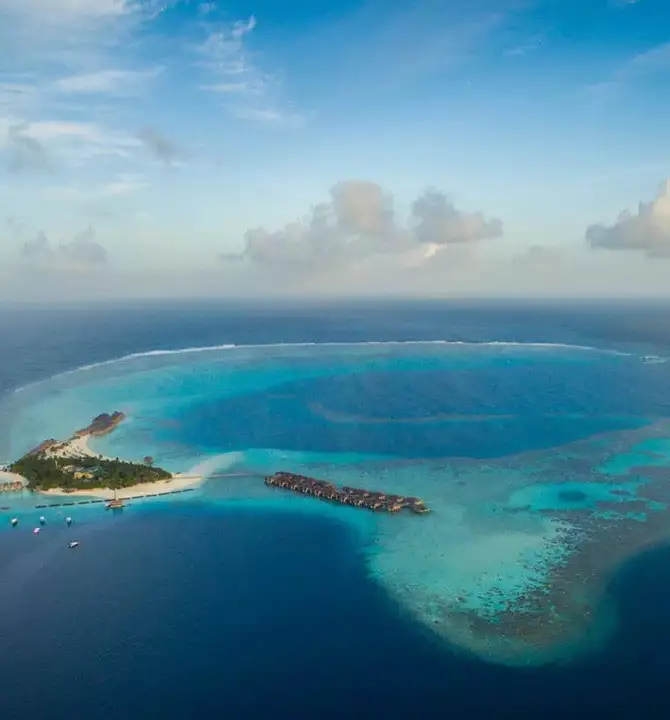
Moofushi
Things to do in Maldives
What to Do
Maldivian Seaplane Terminal
Sun Siyam Olhuveli
Muliaage (Palace)
Nalaguraidhoo
Oblu Island
Whale Submarine
What to Eat
Maldives Moments: Through Travelers' Eyes

Finally understand why so many people love going to the Maldives

Maldives Travel Guide

Maldives Hidden Paradise | 3 Days and 2 Nights in Dangethi Island: The Ultimate Guide

Hard Rock Maldives

Paradise for Honeymoon

Maldives Isn’t As Expensive As You Think!

I finally understand the joy of the wealthy with a Maldives water slide!

Explore Malé, Maldives: Discover the Dreamlike Ocean Capital in a Tropical Pearl
Site Operator: Trip.com Travel Singapore Pte. Ltd.
